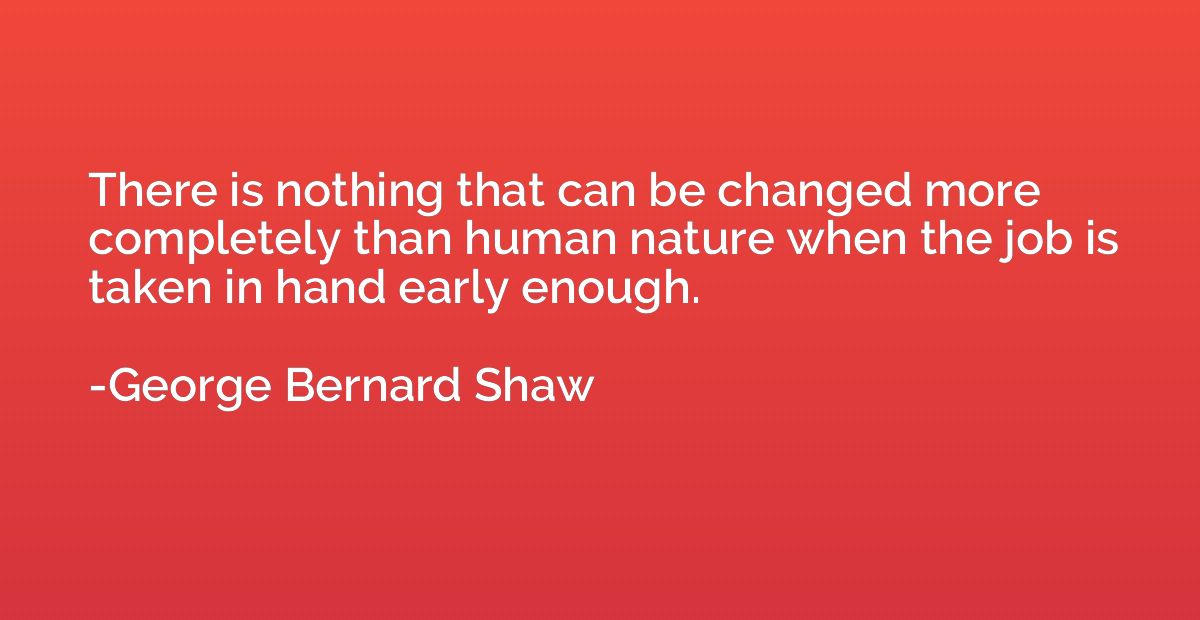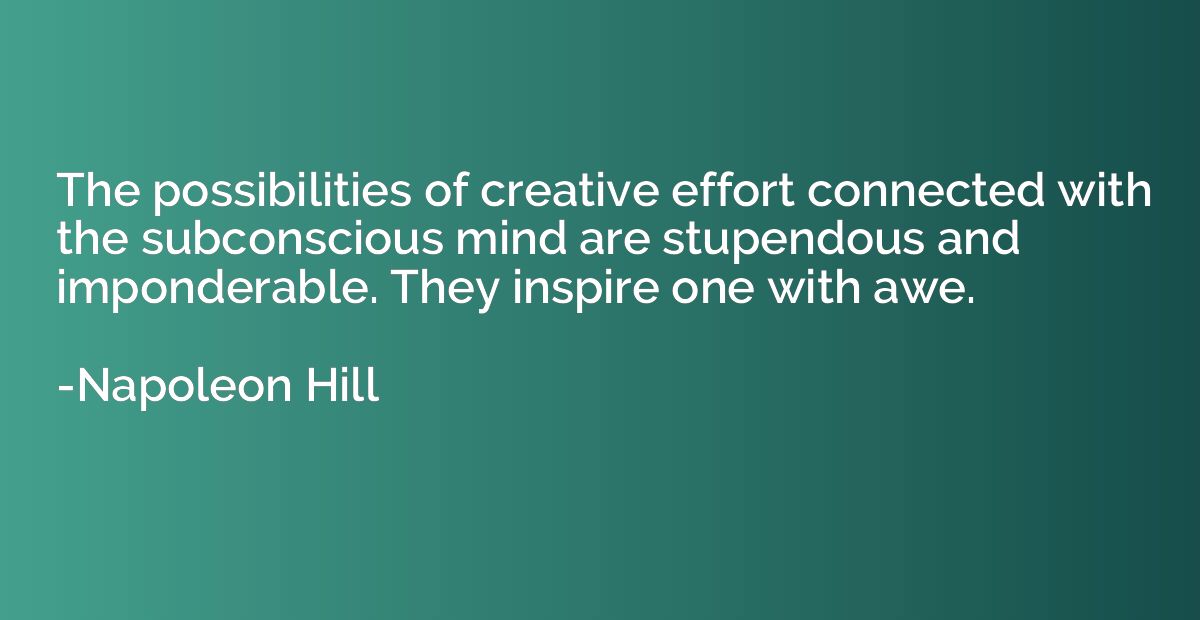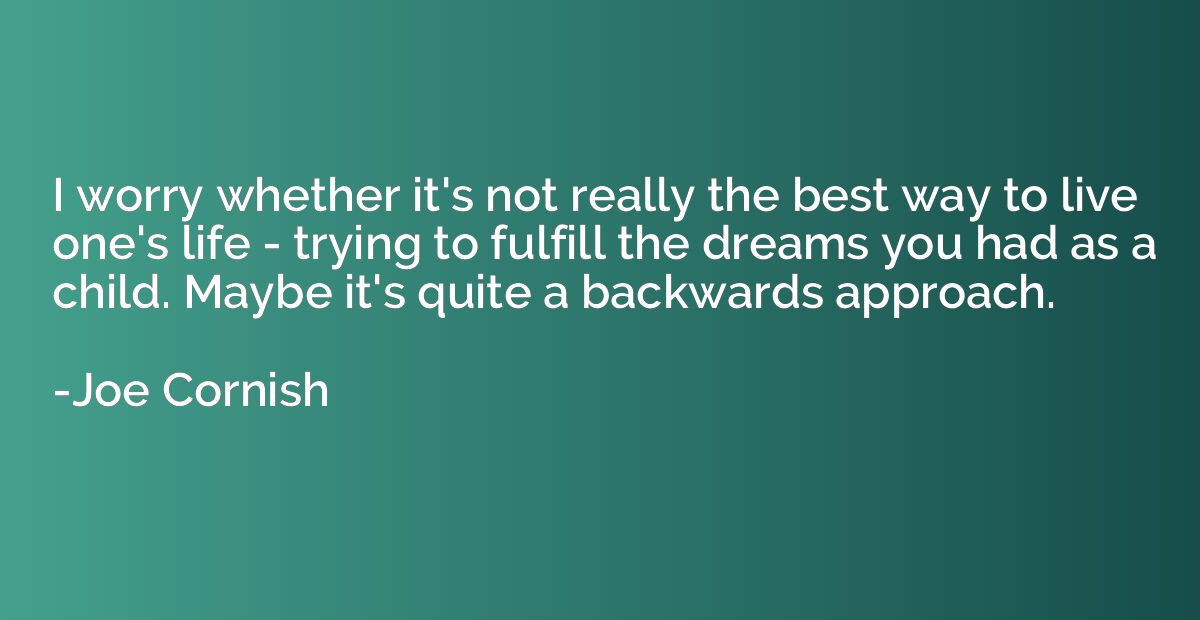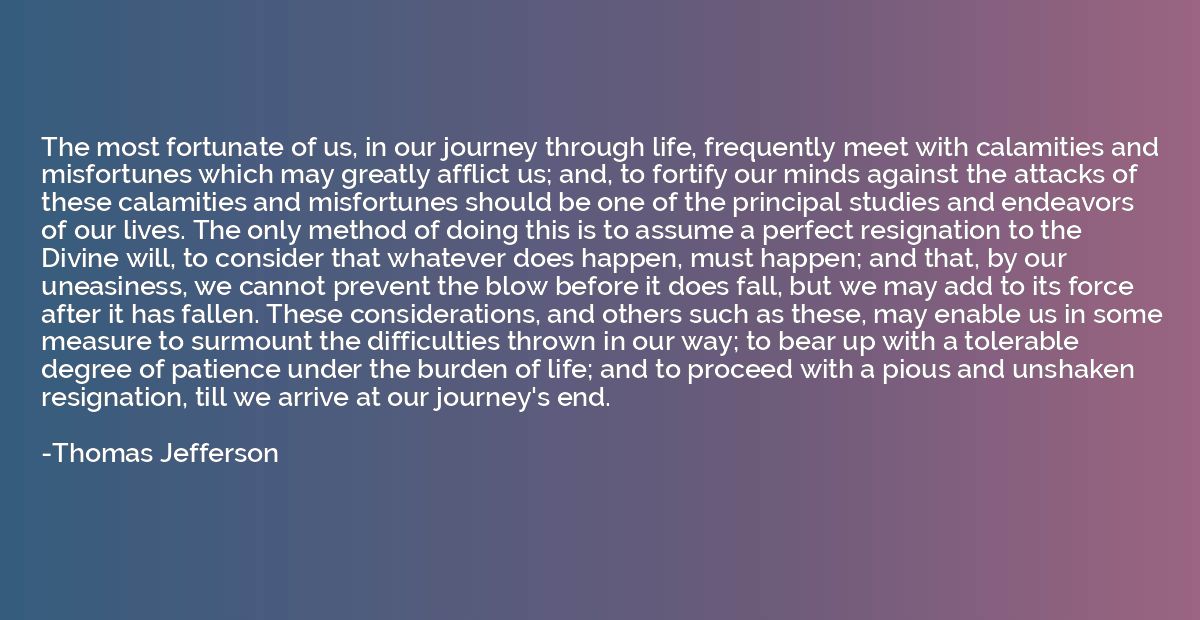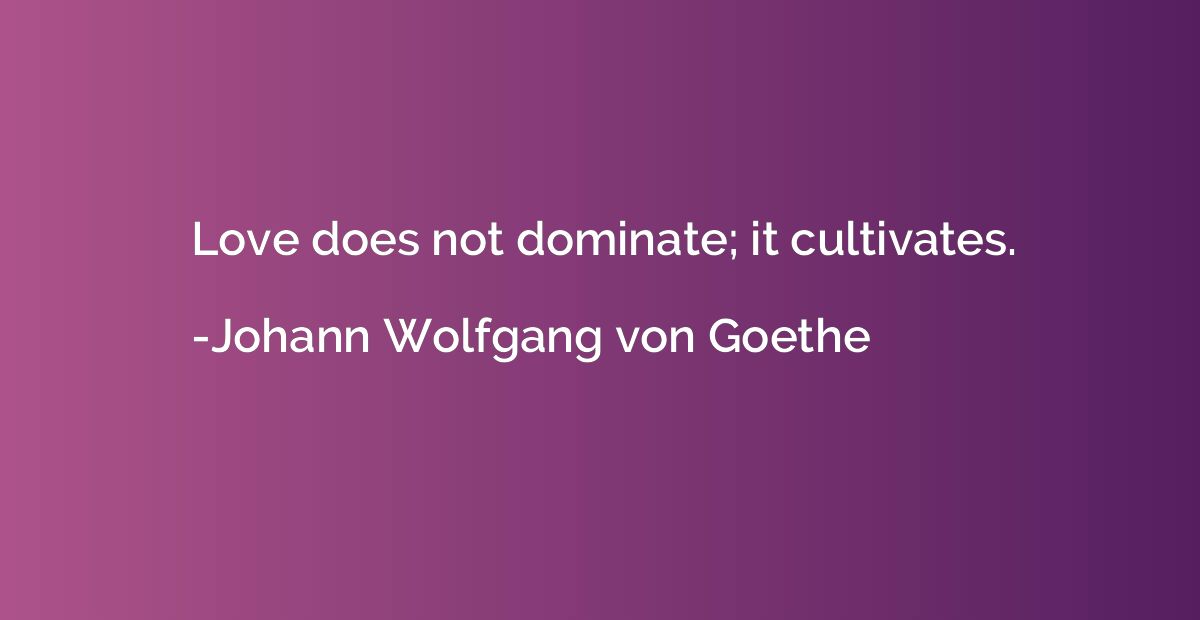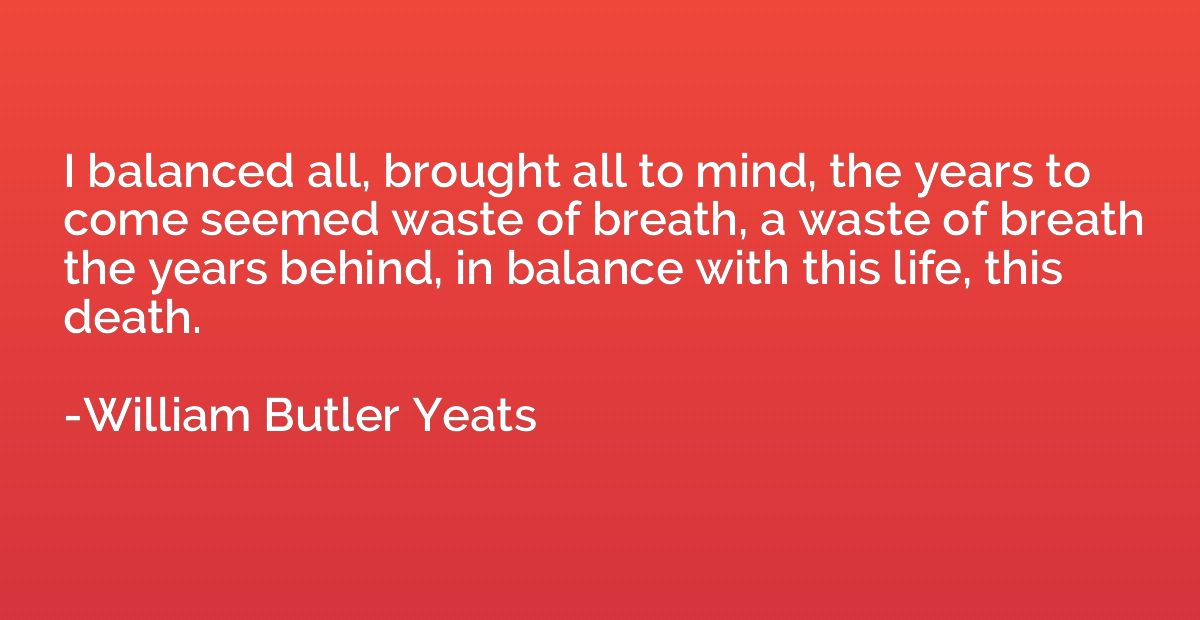Quote by Mahatma Gandhi
Man can never be a woman's equal in the spirit of selfless service with which nature has endowed her.
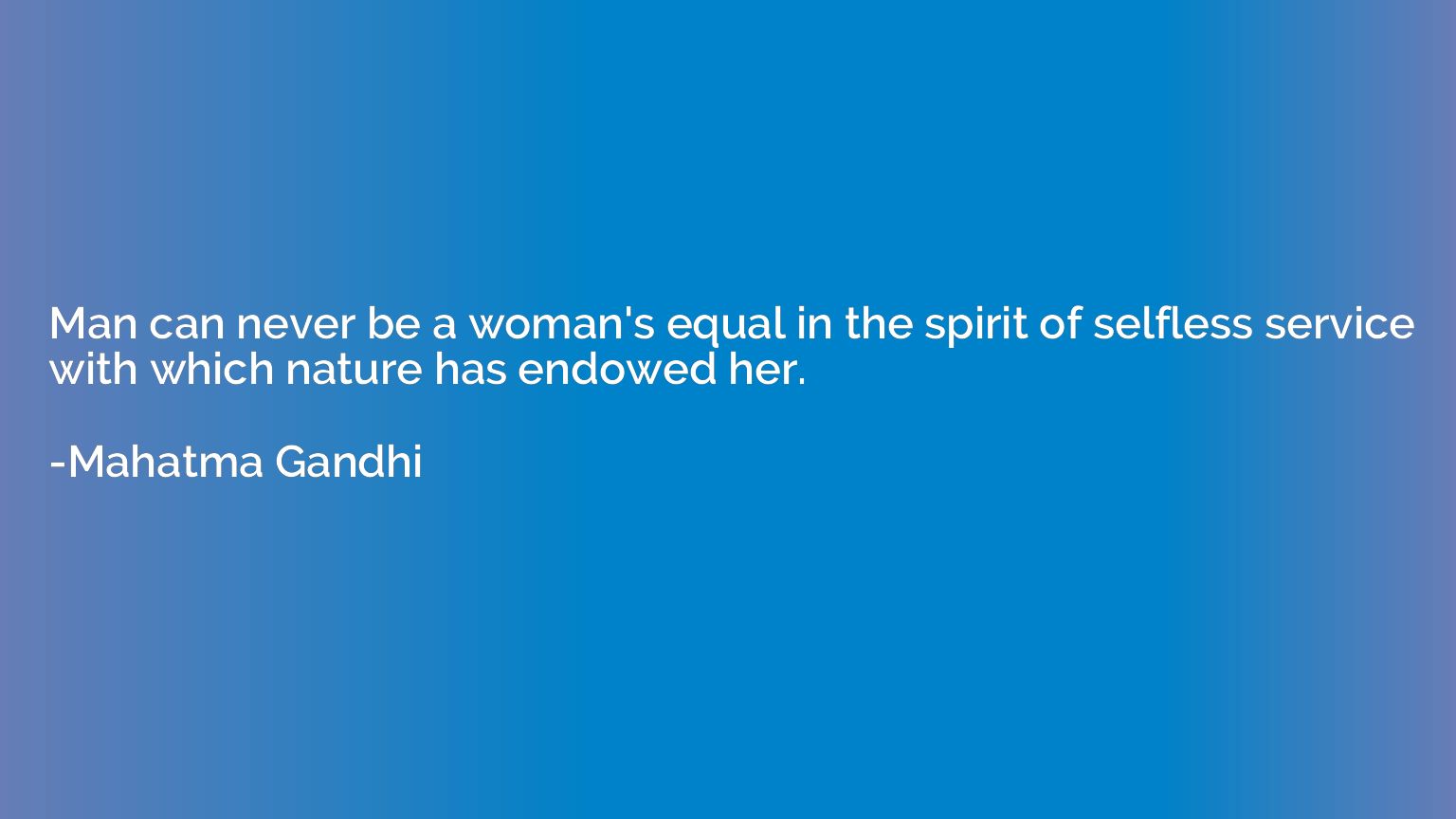
Summary
This quote suggests that men can never truly match or be equal to women when it comes to the innate ability to serve others selflessly. It implies that women have been naturally gifted by nature with a sense of compassion and a willingness to prioritize the needs of others. The quote may be highlighting the unique qualities and strengths of women in terms of their capacity to care for and support others in a way that men cannot necessarily replicate.





